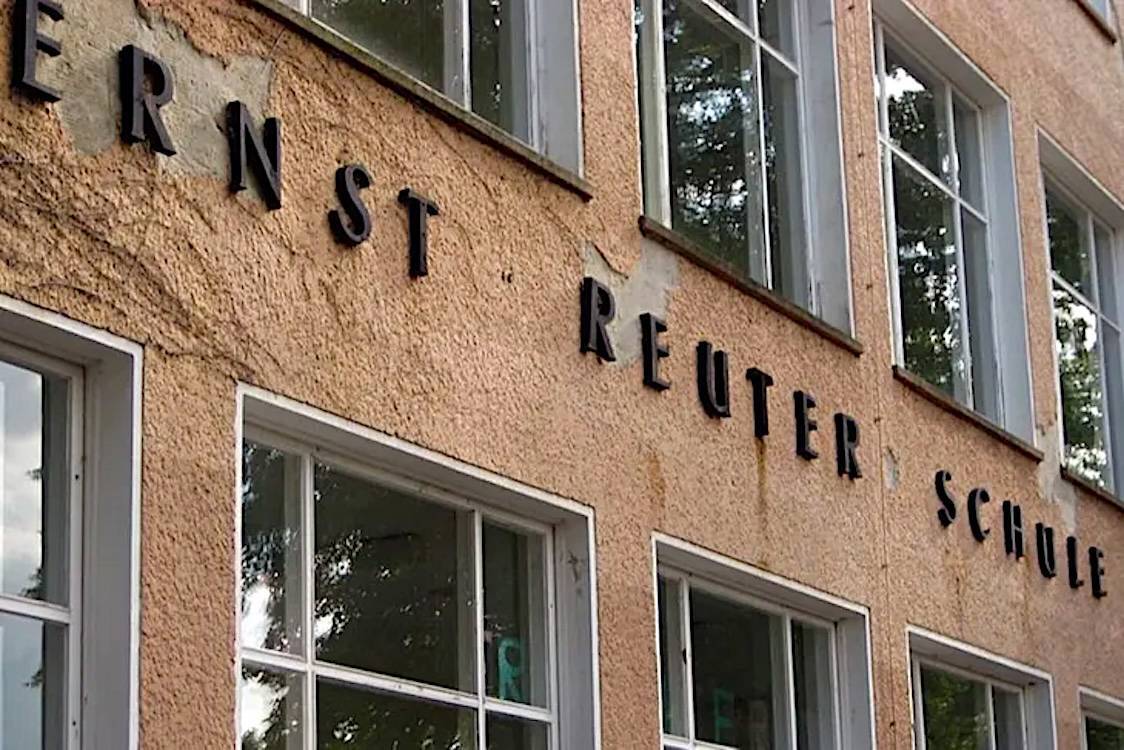The Ministry of National Education's recent demands for greater control over private foreign schools have led to diplomatic tensions, resulting in the German and French embassies closing their schools to Turkish citizens.
The controversy started with the ministry's push to regulate the curriculum and staff of foreign schools operating under the auspices of the German and French embassies. This change does not affect foreign schools that already operate under the ministry's curriculum, such as French, American, and Austrian high schools in the country.
The embassies have resisted these changes, citing international agreements that guarantee their autonomy. Rather, the French Embassy's schools in Ankara and İstanbul announced they would no longer enroll Turkish citizens. This move has disrupted the education of many students. One of those schools, Pierre Loti French High School, says it has over 1,400 students from various nationalities, including Turkish citizens, from pre-school to high school level.
Following suit, the German Embassy's Ernst Reuter School also ceased accepting Turkish students, including those with dual nationality, until further notice. The school had been reportedly accepting Turkish nationals for over 60 years.
“France behaves like a colonial power”
In a speech earlier this month, Education Minister Yusuf Tekin reiterated that they have no problem with the 12 foreign schools that adhere to the ministry curriculum.
However, he said, “Strangely, France has behaved like a colonial power and opened two more schools in Turkey. Despite claiming they would only admit French students, currently, 90% of their students are Turkish citizens.
“We send inspectors to the schools, but they do not allow them in to check for Turkish students. They say, 'You cannot inspect us’."
Additionally, since 2020, Ankara has been in discussions to establish official "Turkish Schools" in Germany, similar to the German Embassy schools in Turkey. This request from Ankara was widely reported in the German media and generally received negatively by the German public.
The opposition in Germany and France is fundamentally driven by the perception that Turkey's increasingly religion-centered approach to governance and education challenges the cherished secular education systems in these countries. (AEK/VK)






